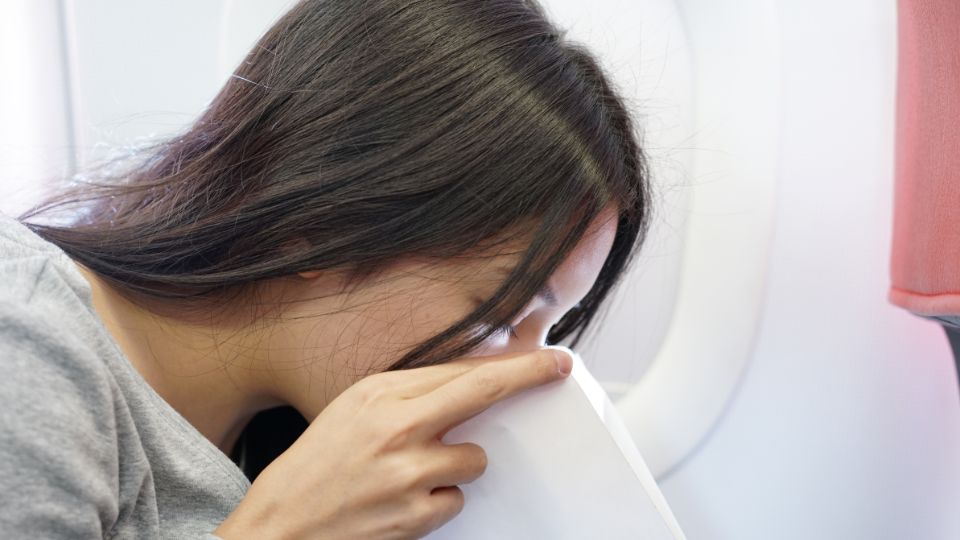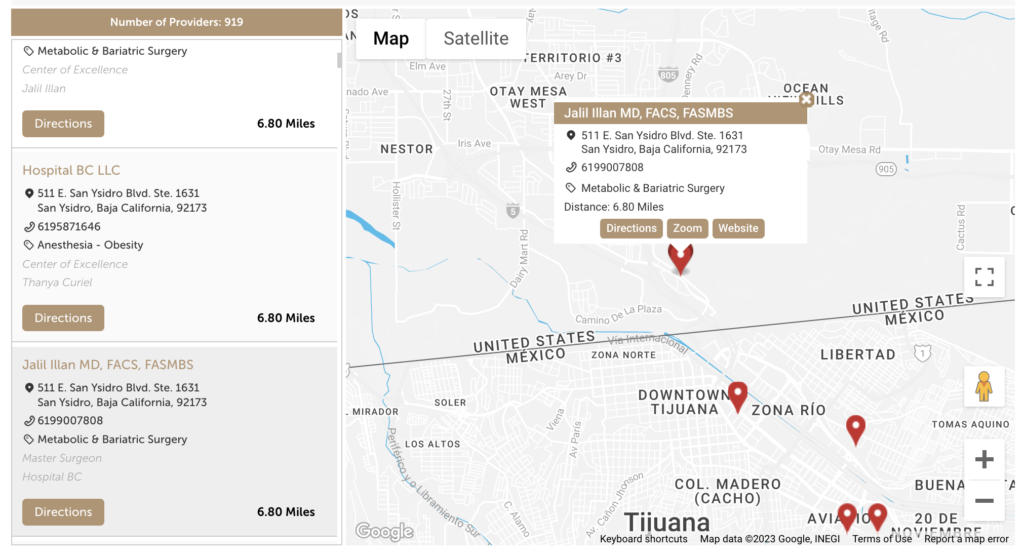Weight loss surgeries like gastric sleeve are popular among people who want to achieve long-term and significant weight loss. However, like all surgeries, the gastric sleeve comes with a few side effects, and one of the most common is postoperative nausea and vomiting (PONV).
Excessive vomiting may cause dehydration and other complications, such as electrolyte imbalance. You can do a few things to reduce the risk of nausea and vomiting and minimize its effects.
1) Dumping Syndrome
Dumping syndrome is a condition that can occur after any gastric surgery, and it is characterized by symptoms like nausea, vomiting, diarrhea, sweating, and dizziness. The rapid emptying of stomach contents causes these symptoms in the small intestine.
Dumping syndrome is more likely to occur after eating sugary or high-fat foods. To avoid dumping syndrome, you should avoid food like candy, cake, cookies, ice cream, fried foods, and high-fat meats.
You should also avoid drinking fluids with meals, as this can further contribute to dumping syndrome. Sipping water between meals is fine, but avoid drinking large amounts of fluid with your food.
Read more: Understanding Dumping Syndrome After Gastric Sleeve Surgery.
2) Chew and Swallow Slowly
One of the best ways to reduce nausea after surgery is to chew and swallow slowly. This will help your stomach digest food better and avoid any irritation. Chewing gum or sucking on hard candy can also help stimulate saliva production, aiding digestion.
3) Avoid Overeating
After three weeks of weight loss surgery, your stomach is much smaller. This means that you can’t eat as much as you used to. Overeating will not only make you feel nauseous, but it can also lead to severe complications such as constant nausea and diarrhea.
To avoid overeating, eat small meals throughout the day and listen to your body when it tells you you’re full.
4) Avoid Lying Down After Eating
When you immediately lie down after a meal, your food doesn’t digest as well. This can lead to nausea and vomiting. Try to wait at least 30 minutes after eating before lying down. If you must lie down, prop yourself up on some pillows to keep your head and shoulders elevated.
5) Take Your Vitamins Only With a Proper Diet
Bariatric vitamins are essential after weight loss surgery. However, taking them on an empty stomach can cause nausea and vomiting. To avoid this, take your vitamins with a small meal or snack.
It’s also essential to ensure you get enough protein and other nutrients. Eating a well-balanced diet will help reduce the chances of developing vitamin deficiencies.
6) Stay Hydrated
Drinking lots of fluids will help prevent dehydration, which can worsen nausea. Try to stay hydrated and drink at least 64 ounces of fluids daily, and more if you are sweating a lot or have diarrhea. Drink small sips throughout the day rather than large gulps, and avoid drinking during meals, so you don’t fill up your stomach too quickly.
7) Avoid Advancing Diet Stages Too Quickly
You will be on a liquid diet for the first week or two when you have gastric sleeve surgery. The diet plan will then advance to soft foods and finally solid foods. It’s important not to move too quickly through the diet stages, as this can cause nausea. Follow your surgeon’s instructions carefully, and don’t advance to a new stage until your doctor clears you.
Dr. Jalil’s hospital is the best place for gastric sleeve in Mexico. He is a highly skilled and experienced surgeon who has performed over a thousand gastric sleeve procedures.






